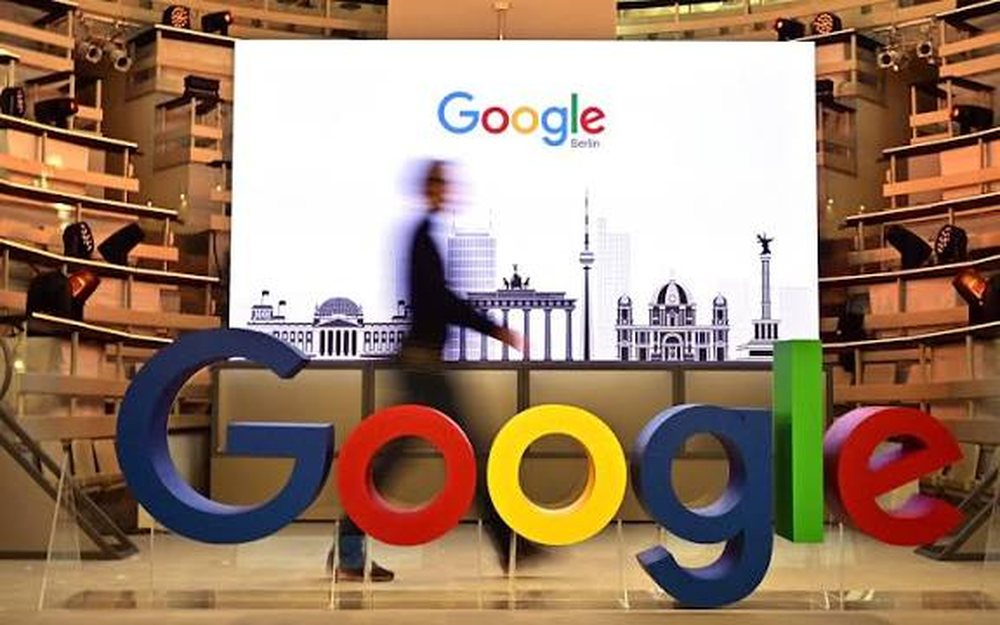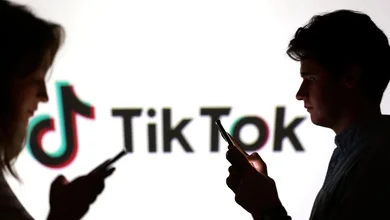
Israel has spent 167 million shekels ($50 million) in a deal with platforms including Google and the American social media platform X, as well as French and Israeli advertising platforms, to deny hunger in Gaza, Spanish broadcaster RTVE said today, citing a report by Eurovision News. According to a joint investigation by Eurovision, Israel’s Exemptions Committee approved in June a request from state advertising agency Lapam to run public information campaigns worth $50 million with Google, X and the French and Israeli platforms Outbrain and Teads. The contracts, which run from June 17 to December 31, allocate 150 million shekels ($45 million) to YouTube and Google’s ad campaign management platform, Display & Video 360. X also received 10 million shekels ($3.03 million), while French and Israeli advertising platforms Outbrain and Teads received 7 million shekels ($2.12 million). The report, titled “The New Front of War: Inside Israel’s Digital ‘Hasbara’ Offensive,” shows how Israeli state-sponsored campaigns use social media, paid influencers and military tours to shape the global narrative on Gaza.
Documents from 2018 to July 2025, uncovered by the investigation, show that Lapam uses Google and Meta’s advertising platforms to promote Israeli government narratives and counter critics of Tel Aviv’s policies and military operations through paid campaigns. Last year, Lapam sponsored 2,000 ads, with 900 targeting domestic audiences and 1,100 targeting international viewers in select countries, the report said, citing the Google Ads Transparency Center. The ad agency aired more than 4,000 ads between January 1 and September 5, 2025, with half targeting international audiences. Israel uses these campaigns in particular to try to deny the famine in Gaza, “by portraying a picture of normalcy inside the besieged enclave.”
Targeting Critics
Lapam has run dozens of ads on Google, YouTube, Teads/Outbrain and X showing bustling markets in Gaza to counter the Integrated Food Security Phase Classification (IPC) famine declaration. The investigation also found that another ad campaign supported by Lapam urged readers to point out “flaws and inconsistencies” in the IPC’s famine report. Appearing above Google search results in several European countries – including Belgium, the UK, Denmark, Sweden and Germany – it directed users to an Israeli government website. On the same day that the IPC published its initial assessment, Lapam launched a multilingual video ad campaign on the Israeli Foreign Ministry’s YouTube channel showing bustling markets and open restaurants in Gaza. The investigation also found that between August and early September 2025, videos showing Gaza’s markets and restaurants received over 30 million views, driven not organically but through paid promotion through Google Ads in multiple countries. Israel’s advertising campaign also targeted critics, including in the top search results for “UNRWA,” directing users to a government website that labels the UN agency for Palestinian refugees as a “front for Hamas.”
Francesca Albanese, the UN special rapporteur on the occupied Palestinian territories, has also faced months of paid advertising across Europe accusing her of being “anti-Semitic” for criticizing Israeli policies. Eurovision said it had asked Google for comment twice on its advertising policies and Israeli government spending, but had not received a response.
"Israel's strategy highlights the vulnerability of the international public to emotionally compelling narratives and the challenges that fact-checkers and traditional journalists face in countering them," the report highlighted.






















